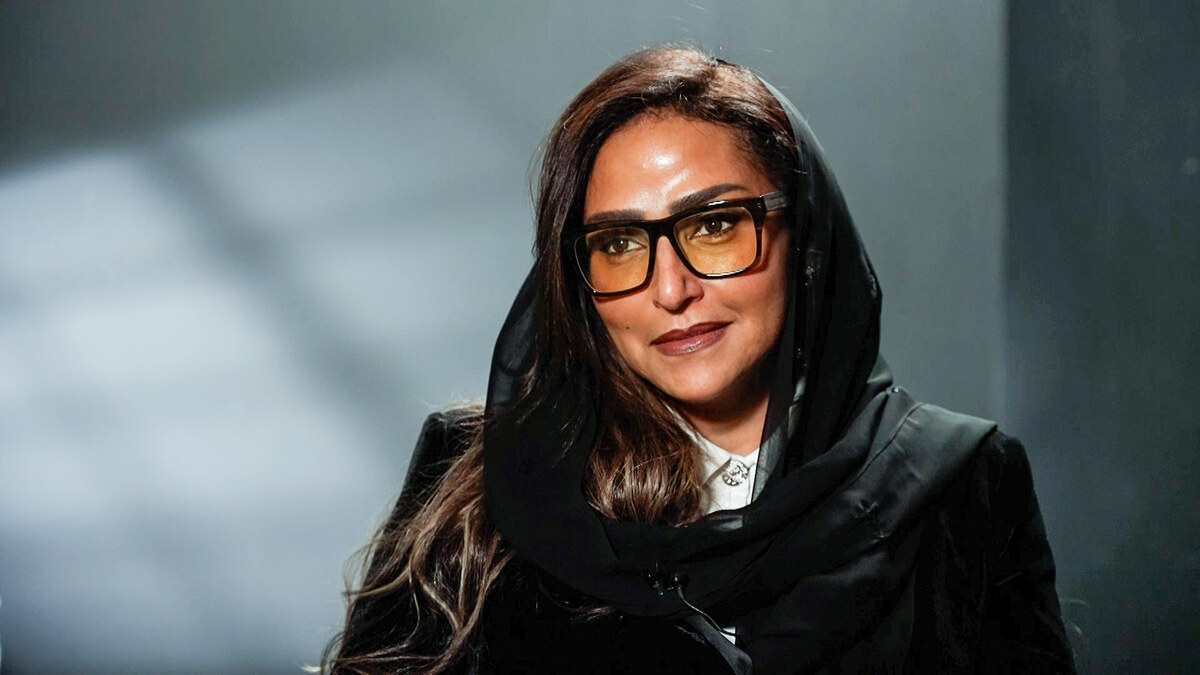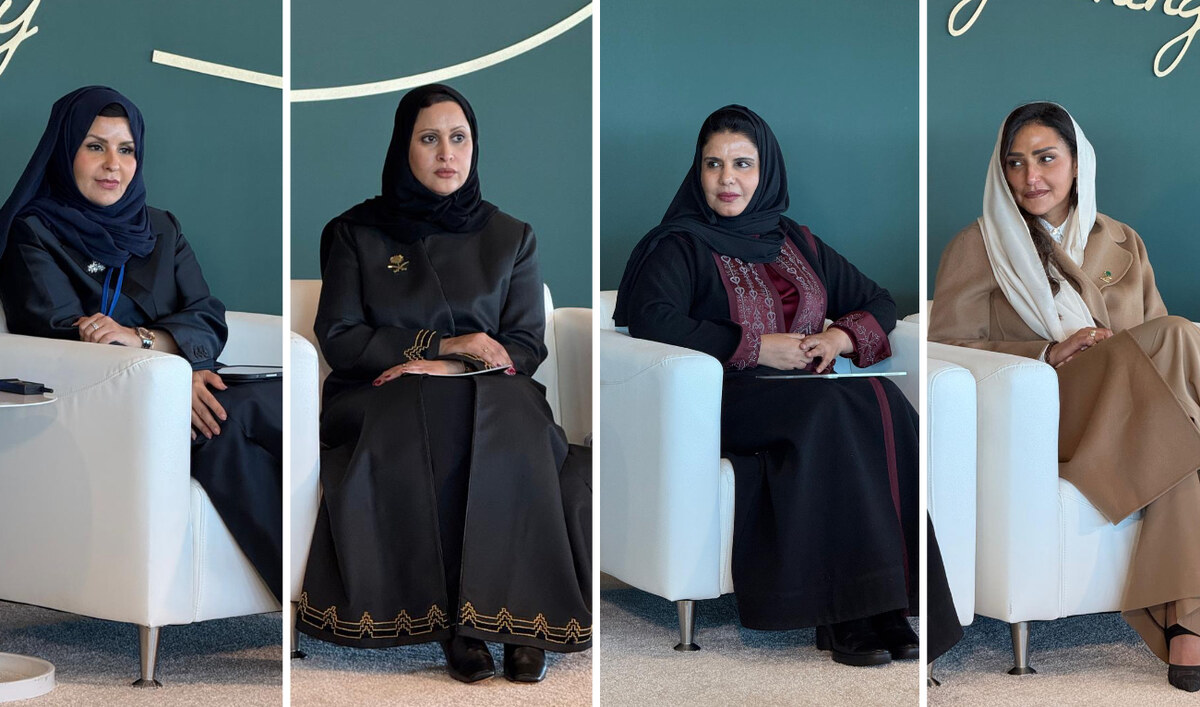RIYADH: A resurgence in almond cultivation is taking root along the scenic route between Taif and Baha, signifying the revival of a practice deeply embedded in the cultural fabric of this part of Saudi Arabia.
Fahd Al-Zahrani, director of the local branch of the Ministry of Environment, Water and Agriculture, said that that almond trees are once again a common sight across the landscape.
“Almond cultivation has spread to several areas including Baha, Baljurashi, Al-Mandaq, Bani Hassan, and Al-Qura,” he said.

There’s a growing demand for almond-derived products, including butter, sweets and ice cream, says expert. (SPA)
Almond trees, members of the Rosaceae family, are primarily grown on agricultural terraces in the Sarawat Mountains, he added. They cover about 67 hectares there and are considered an alternative crop in the region.
“The average yield is 1 tonne of green fruit per 3.6 hectares,” Al-Zahrani told the Saudi Press Agency. He said the ministry offers investment opportunities in two “almond cities” covering an area of more than 1.5 million square meters, and works to enhance the skills of farmers through workshops.
It supports the growth and sustainability of tree farms through initiatives such as an organic farming program and Saudi Reef, also known as the Sustainable Agricultural Rural Development Program, which supports environmental sustainability and agricultural diversification by aiding the development of rural communities and efforts to achieve food security.
FASTFACT
The almond holds a special place in Saudi society, in which offering the nut to guests is viewed as an expression of generosity and high regard for visitors.
Fawaz Al-Thaqafi, a third-generation almond farmer who recently participated in the My Country’s Grains and Almond Festival in Al-Mandaq, shared some insights into this once-again burgeoning industry.
“Our century-old almond trees produce some of the finest quality almonds,” he told the SPA.
The cultivation process, while rewarding, is not without challenges, he added. Farmers contend with pests such as the almond fly, which can kill the tree’s fruit, and threats from local wildlife, monkeys in particular.
The trees require constant care and attention throughout the life cycle of the almond, from white blossoms in February to mature nuts in July. By July, the almonds are firm and at a stage known as “labab,” during which people often consume the fruit before it is fully mature, when it is called “qadim.”
Al-Thaqafi spoke of his family’s three-generation legacy of almond cultivation and the depth of knowledge passed down over the years. He said every aspect of almond farming, from planting to harvesting, is a lifelong learning process, and described the intricate process of cracking open almond hulls, known locally as “ghadarif,” a time-consuming task that demands patience and continuous effort.
Various types of almonds are grown in the region, he added, include sweet, bitter and other mountain varieties. Of particular interest is a rare variety Al-Thaqafi referred to as “T-type.” It is cultivated under specific conditions, he said, resulting in a distinctive flavor profile and superior quality.
His orchard consists of more than 400 trees, including 300 almond trees, and he plans to expand it to more than 1,000 trees by 2028, given the growing demand for almond-derived products, including butter, sweets and ice cream, among local and international consumers.
Nadia Said Al-Zahrani, a food and nutrition specialist at Al-Baha University, praised local farmers for their efforts to diversify their almond products by moving into production of items such as organic almond butter and tahini.
She highlighted the health benefits of almonds, which are packed with monounsaturated fats, fiber, protein, magnesium, calcium, potassium, zinc and essential vitamins such as E and K.
“Almonds are also rich in biologically active compounds such as flavonoids, contributing to numerous health benefits including enhanced immunity, cancer prevention, bone health, wound healing, kidney-function support, and lowering blood sugar and cholesterol levels,” Al-Zahrani added.
Each year, the blossoming of almond trees paints a panoramic tableau that captivates onlookers as it spreads across mountain slopes. The spectacle, resembling scattered pearls, begins to emerge in the waning days of winter.
A single almond tree can yield about 200 kilograms of nuts each season. In Baha, the price of a sack of almonds varies between SR300-500 ($80-133), with some varieties commanding even higher prices.
The market follows a predictable seasonal pattern: Prices surge at the start of the season, dip in the middle, then climb again as the harvest draws to a close. Almonds from the area are widely popular, attracting buyers from across the Kingdom and beyond.
The almond holds a special place in Saudi culture, often presented as a gesture of hospitality. Offering almonds to guests is viewed as an expression of generosity and a symbol of the esteemed position visitors hold in Saudi society.
Baha owes the fertility of its soil to abundant water resources and a moderate, temperate climate throughout the year. The almond tree, known for its resilience to a variety of climatic conditions and low water requirements, is particularly well-suited to Baha as its production season aligns with the rainy season in mountainous regions at the end of winter.

































